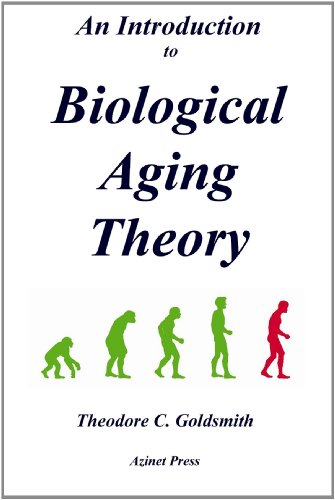
An Introduction to Biological Aging Theory
by Theodore C. Goldsmith
Publisher: Azinet Press 2011
ISBN/ASIN: B004L62CEQ
Number of pages: 33
Description:
This short book provides an overview of biological aging theories including history, current status, major scientific controversies, and implications for the future of medicine. Major topics include: human mortality as a function of age, aging mechanisms and processes, the programmed vs. non-programmed aging controversy, empirical evidence on aging, and the feasibility of anti-aging and regenerative medicine.
Download or read it online for free here:
Download link
(470KB, PDF)
Similar books
 The Renaissance of Science: The Story of the Cell and Biology
The Renaissance of Science: The Story of the Cell and Biologyby Albert Martini - Project Gutenberg
The lives and accomplishments of over 200 scientists are presented chronologically and are related to each other in order to illustrate the evolution of knowledge about biology and microbiology from the Classic Greek era to the present.
(10410 views)
 Boundless Biology
Boundless Biology- Lumen Learning
Biology is the culmination of the achievements of the natural sciences from their inception to today. It is the cradle of emerging sciences such as the biology of brain activity, genetic engineering of custom organisms, and the biology of evolution.
(11328 views)
 Mass Spectrometry Application in Biology
Mass Spectrometry Application in Biologyby Greg Gorman (ed.) - MDPI AG
Mass spectrometry has become a vital tool for scientist in exploring how biological systems function. This volume will focus on the application of mass spectrometry to biological problems that focus on the advancement of medicine and curing diseases.
(7934 views)
 CK-12 Life Science
CK-12 Life Science- CK-12 Foundation
This free online textbook covers seven units: Understanding Living Things; Cells: The Building Blocks of Life; Genetics and Evolution; Prokaryotes, Protists, Fungi, and Plants; The Animal Kingdom; The Human Body; and Ecology.
(15684 views)